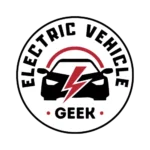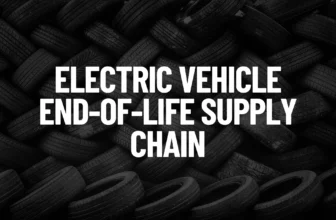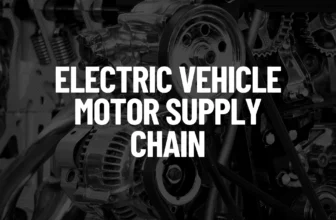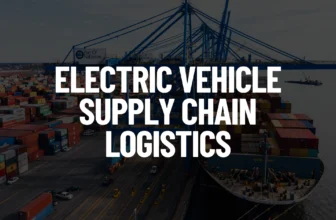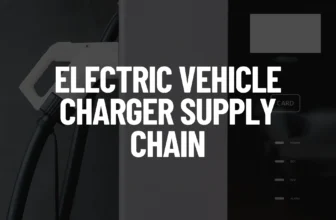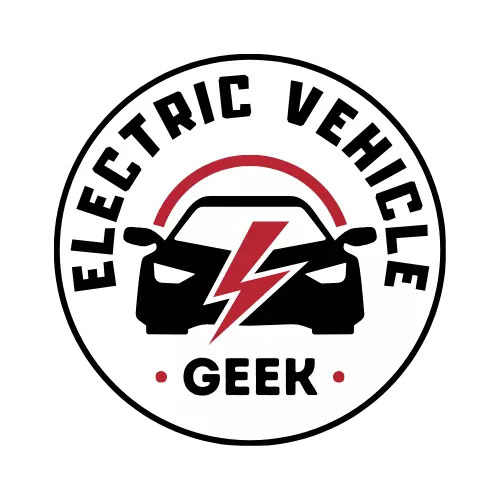The electric vehicle software supply chain involves the development, integration, and updating of software systems that control various EV functions. This includes software for battery management, driver assistance, vehicle operation, and connectivity with smart grids and the Internet of Things (IoT).
Table of Contents
- Software Development for Electric Vehicles
- Integration: Bridging Software and Hardware
- Software Platforms in Electric Vehicles
- Key Software Functions in EVs
- Electric Vehicle Software Supply Chain Participants
- Challenges in the EV Software Supply Chain
- The Role of AI in the EV Software Supply Chain
- Conclusion
Software Development for Electric Vehicles
Software development for electric vehicles is at the core of EV innovation. Key areas of focus include:
- Embedded Software: Embedded software is fundamental to the operation of power electronics within EVs. It handles large amounts of current and ensures the efficiency of components like inverters and converters.
- Motor Design Software: As electric motors become the standard driver in EVs, sophisticated software is required to optimize motor performance and efficiency.
- Battery Management Systems (BMS): Software ensures the health of the electric vehicle battery by managing charge cycles, monitoring temperature, and protecting against overcharging or overheating.
- Vehicle Management Systems (VMS): These systems monitor critical data, including fault codes, the charging system, vehicle communication, and driving performance. They play a crucial role in enhancing the overall user experience and vehicle reliability.
- Over-the-Air (OTA) Updates: Software is needed to manage and implement OTA updates, ensuring vehicles remain up to date with the latest features, security patches, and improvements.
Integration: Bridging Software and Hardware
Successful integration of software with hardware is essential for the seamless operation of EVs:
- Hardware-Software Integration: EVs require precise integration of software with hardware components like electric motors, batteries, and sensors to ensure optimal performance.
- Energy Management: Integrating EV software with smart grids and IoT platforms is vital for efficient energy management and vehicle-to-grid communication.
Software Platforms in Electric Vehicles
Automotive software platforms are crucial to the operation of modern EVs. Some key trends include:
- Automotive Operating Systems: These platforms serve as the foundation for running a variety of software applications, from basic functions to advanced driver assistance systems (ADAS).
- Standardization of Software Platforms: The push to develop a universally accepted software platform for advanced vehicles has spurred competition. Tech companies, including Tesla with its proprietary system and Google with Android Automotive OS, are leading the charge.
- The Role of Tech Companies: Traditional automakers are increasingly relying on tech companies to provide software platforms, creating a new dynamic in the automotive supply chain.
Key Software Functions in EVs
Software is responsible for a wide range of functions that enhance the safety, performance, and convenience of EVs:
- Battery Management: Optimizing charging and discharging processes ensures battery longevity, efficiency, and safety.
- Driver Assistance Systems (ADAS): These systems, powered by software, are becoming more sophisticated, incorporating advanced sensors, cameras, and machine learning for features like autonomous driving and parking assistance.
- Connectivity: Software enables communication with charging stations, smart grids, and other connected devices, enabling more seamless interactions and energy management.
- Vehicle Performance Monitoring: Software is essential for monitoring and analyzing vehicle performance, from thermal management to motor waveforms and energy consumption.
Electric Vehicle Software Supply Chain Participants
The EV software supply chain involves a diverse set of players, each contributing expertise and resources to the ecosystem:
- Automakers: Many automakers are developing in-house software capabilities to ensure control over the software stack and differentiation in their products.
- Tier 1 Electronics Suppliers: These suppliers are increasingly investing in software development, including the creation of custom chips and even their chip fabrication facilities.
- Tech Startups and New Entrants: A range of technology companies, including startups, is entering the EV software supply chain to offer innovative platforms and applications that complement traditional hardware suppliers.
Challenges in the EV Software Supply Chain
Despite the rapid growth of the EV industry, the software supply chain faces several key challenges:
- Localization of Software: Developing software that is tailored to specific regional needs can be complex, particularly for tier-one suppliers serving global markets.
- Over-the-Air Updates: The demand for continuous software updates is a critical aspect of EV maintenance. This requires highly efficient and reliable OTA update systems to keep vehicles current with the latest software.
- Hardware and Software Integration: The complexity of integrating diverse hardware and software systems calls for a holistic approach and close collaboration among multidisciplinary teams.
- Competition from Software Players: The rise of software-centric players in the EV space could impact the value traditionally captured by hardware manufacturers, leading to shifting dynamics within the supply chain.
The Role of AI in the EV Software Supply Chain
Artificial intelligence (AI) is transforming the EV supply chain, introducing efficiencies and innovations across multiple domains:
- Optimization of Production: AI algorithms are used to optimize manufacturing processes, improving efficiency and reducing costs.
- Energy Storage and Range Optimization: AI enhances battery management, extending range and reducing energy consumption through advanced algorithms that manage energy storage and consumption patterns.
- Logistics and Supply Chain Efficiency: AI-driven predictive capabilities streamline material transport, demand forecasting, and production schedules, aligning supply chain operations with sustainability goals.
Conclusion
The EV software supply chain is a cornerstone of the EV ecosystem, driving innovation, enhancing performance, and enabling advanced vehicle features.
As the industry continues to evolve, software will play an increasingly central role, demanding new solutions, partnerships, and collaboration across automakers, tech companies, and suppliers.
The integration of AI and continuous software development will further refine the EV experience, ensuring that electric vehicles remain at the forefront of the automotive revolution.
As an expert in the electric vehicle software supply chain, your insights and expertise are essential to enhancing the quality and depth of this blog.
I invite you to collaborate by contributing your in-depth knowledge, real-world experiences, and case studies. Together, we can delve deeper into the complexities of the EV software supply chain and identify actionable insights, innovative solutions, and best practices that will drive the industry toward greater efficiency and sustainability.
If my content has added value to your work within the EV software supply chain, a letter of recommendation would be greatly appreciated. Your support would enable me to continue refining my contributions, ultimately fostering the growth and optimization of the EV software supply chain.
Let’s collaborate to shape the future of the EV software ecosystem and expand the collective expertise that drives the industry forward.
Feel free to reach out to me directly at james@electricvehiclegeek.com.
Thank you for your engagement and for being an integral part of this journey!
